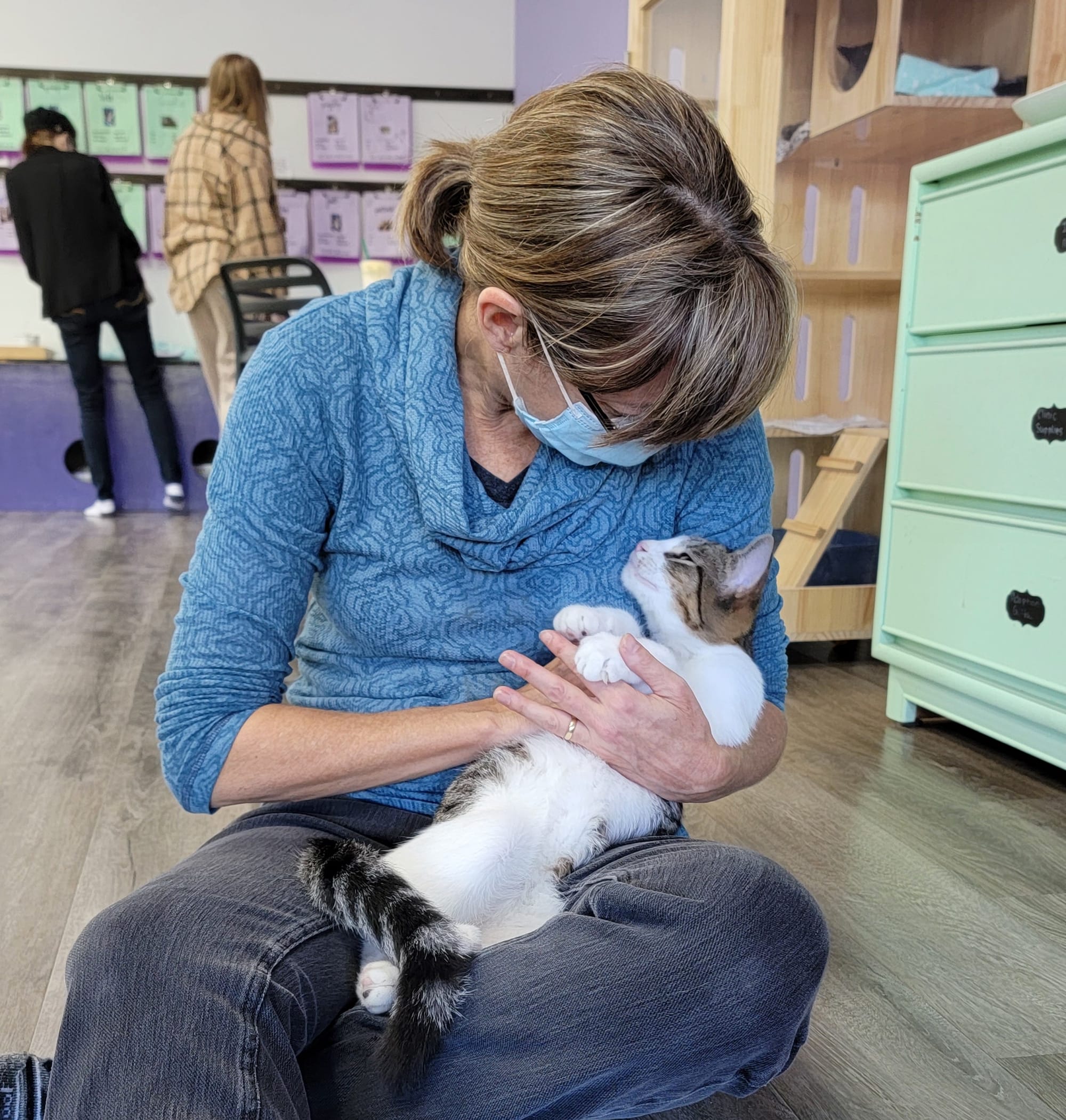Newsflash: Parents have always loved their children.
Are we really so surprised compassion is old?

First, a programming note: In a bit of a whirlwind development, I’ve been hired by the Heterodox Academy as that organization’s inaugural Managing Editor. I’ve been on their advisory council for years, but this move to a staff position is a great opportunity to pursue causes I’ve long advocated and to partner with a marvelous group of folks.
I can’t say too much yet about what I’m going to be working on at HxA, but I can tell you I am extremely excited. And it is remarkable to be working for an operation that values rather than fears my experiences of being cancelled and censored. I’ll admit I spent the first few days after they offered me the job in a mental crouch, thinking, “What if they find out about x?” and then remembering they know all that. I mean, this is the group that gave me their inaugural Courage Award back in 2018.
And good news: The HxA higher-ups have okayed my continuing this newsletter as well as Local News Blues, so long as I make clear the opinions expressed herein are my own and not that of my new employer. You’ve been so advised.
Now on to what I mostly wanted to share today:
In the two decades I spent trying to reform the pediatric treatment of children born with norm-challenging bodies, time and again I ran into surgeons and endocrinologists who believed two things: (1) that “in ancient times,” people simply killed all the children born with developmental anomalies, and (2) that this meant children born now with developmental anomalies have to be “fixed,” if at all possible, to be accepted by their parents.
This idea that parents couldn’t bond with atypically-bodied children was so treated as a given, I knew we had really turned a corner when the 2006 pediatric “Chicago Consensus” on the care of children born with differences of sex development (DSD) openly acknowledged the issue and its lack of evidentiary support:
“It is generally felt that surgery that is performed for cosmetic reasons in the first year of life relieves parental distress and improves attachment between the child and the parents; the systematic evidence for this belief is lacking.” (Understatement of the decade.)
An article in Science this week – which came to my attention via a flurry of media reports – reminded me of all this. The article reported the finding “of a Neanderthal child who suffered from a congenital pathology of the inner ear, probably debilitating, and associated with Down syndrome. This child would have required care for at least 6 years, likely necessitating other group members to assist the mother in childcare.”
Leaving aside the strange implication that human mothers ever raised children without assistance (ha ha ha ha ha!), are we really that surprised that this child was probably received in what we call love? Parents have enormous emotional and physical capacity when it comes to their babies and young offspring.
True, those capacities diminish as our children grow and manage to irritate us. (If you want unconditional love, find a good dog.) But when it comes particularly to babies and little children, our instincts to care are so strong. And yes, that care turns into what we call love.
The folks writing about this Neanderthal child have been bandying about the idea that the adults around this child might have been showing “compassion.” Again, it strikes me as so odd that we would assume we need proof of compassionate behavior among a human group, rather than needing proof it was lacking.
As I’ve suggested elsewhere, activists who were harmed as children by pediatric interventions have sometimes assumed bad intent on the part of the doctors who hurt them.
Yet it seems to me that in the great majority of cases, the iatrogenic harm arose from misbegotten compassion. Even in the case of Maria New’s utterly unethical deployment of prenatal dexamethasone for intersex prevention, it always seemed clear to me she was doing it out of the compassionate belief she was saving children from parental rejection.
Which brings me to an important point: compassion is perhaps as potentially dangerous as it is life-saving.
Speaking of problematic interventions, if you’re interested in the ongoing travesty we call intersex care, check out this new group going by the name of PISSED, composed of “parents…pissed with their kids’ hypospadias surgical outcomes.” Not sure what they’re talking about? You can learn more about hypospadias and what’s wrong with the pediatric approach in this article, which is, unfortunately, still relevant a decade after I wrote it.
In other news, Lynn Conway has died. If you’ve read Galileo’s Middle Finger, you’ll recall that she was the mastermind behind the attacks on Michael Bailey and then on me.
Thanks to her engineering patents, Conway grew quite rich and had been using some of that wealth to fund Andrea James’ incontinent attacks on…well, just about everybody. It’ll be interesting to see if Conway left James a war chest or if AJ has to find a new way to make ends meet. Maybe she’ll start a voodoo doll Etsy page or something.
Incidentally, just a couple of days before Conway died, the Heterodox Academy honored Mike Bailey with the Courage Award for the work he did that drove Conway nuts. The timing was presumably just a coincidence.
When I texted my spouse from the conference that Mike had won, he texted back that it really counted as a second win of the Courage Award for me. I relayed that to Mike, who laughed as hard as I had.
Finally, as a Michigander who has closely followed state politics, let me assure you that, if by some miracle the Democratic Party moves to replace Joe Biden on the ticket (which it ought to do), yes, you do want Gretchen Whitmer. She’s made a few mistakes, and she’s spectacular. She’s the real deal.

